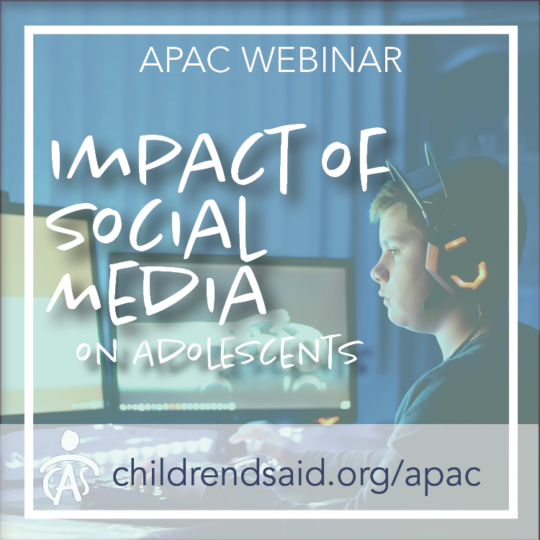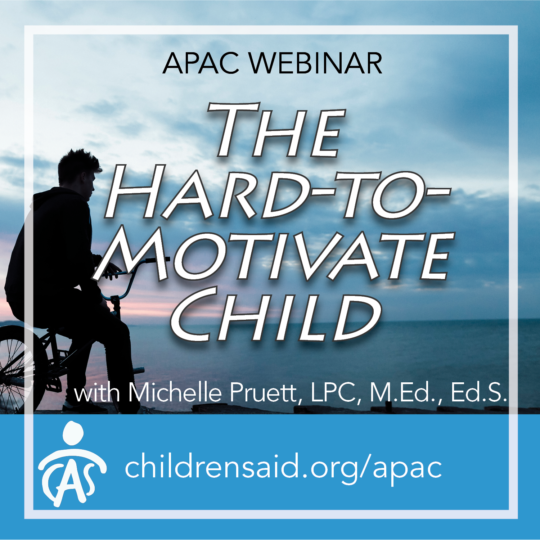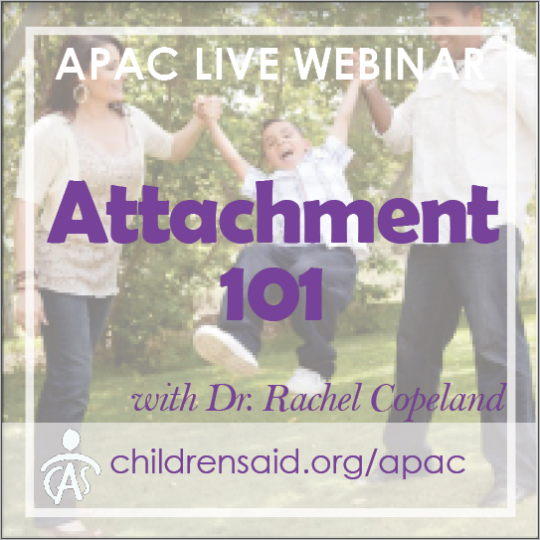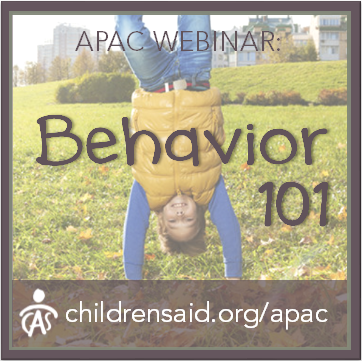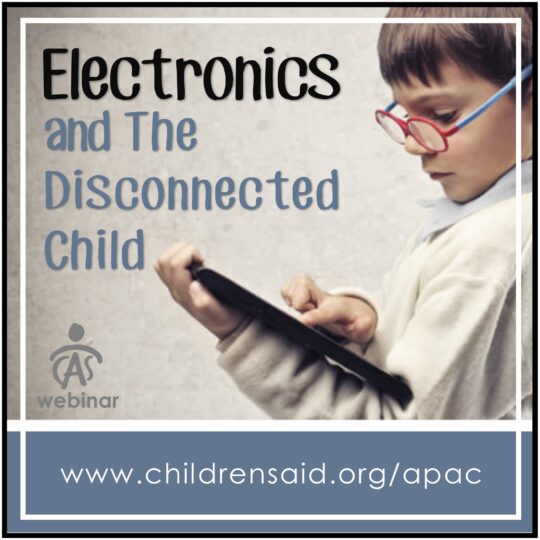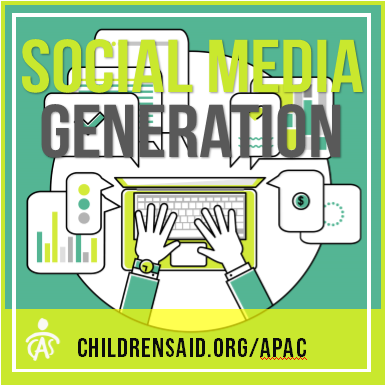Description
Attachment should, like fetal alcohol and autism, be classified as a spectrum disorder. Attachment can be challenging for children whose first bonds were disrupted and often complicated by drug and alcohol exposure, neglect, abuse, and flux of families. Their ‘disorder’ is normal and reasonable given what they have been through.
This workshop will break down the essentials of attachment, incorporating important research on mother-child bonding from 20h Century Britain and current neuropsychology rarely presented at adoption conferences.
By building a better model to understand the head and heart of such children, we can understand what is happening inside them and in their relationships and behaviors. This in turn can guide us toward solid, subtle interventions.
In our endeavor to strengthen families and prevent disruption, this fresh take on attachment may provide some needed clues. Some attention will also be given to allied areas of non-existence, becoming a self, learning how to be in relationship, and problems with executive function.
Participants will be able to:
- Describe one reason why attachment disorder should be viewed as a spectrum.
- Describe one reason why attachment issues are normal and to be expected given what waiting children and international adoptees have been through, rather than viewed as a ‘disorder’.
- Describe one aspect of 19th Century British attachment research or current neuropsychology relevant to understanding the attachment-related behaviors of an adopted child.


